Wellbeing
Wellbeing Leader: Mrs Jessica Carmichael

Wellbeing
Wellbeing Leader: Mrs Jessica Carmichael
WEEKLY FOCUS
Weeks 7 and 8
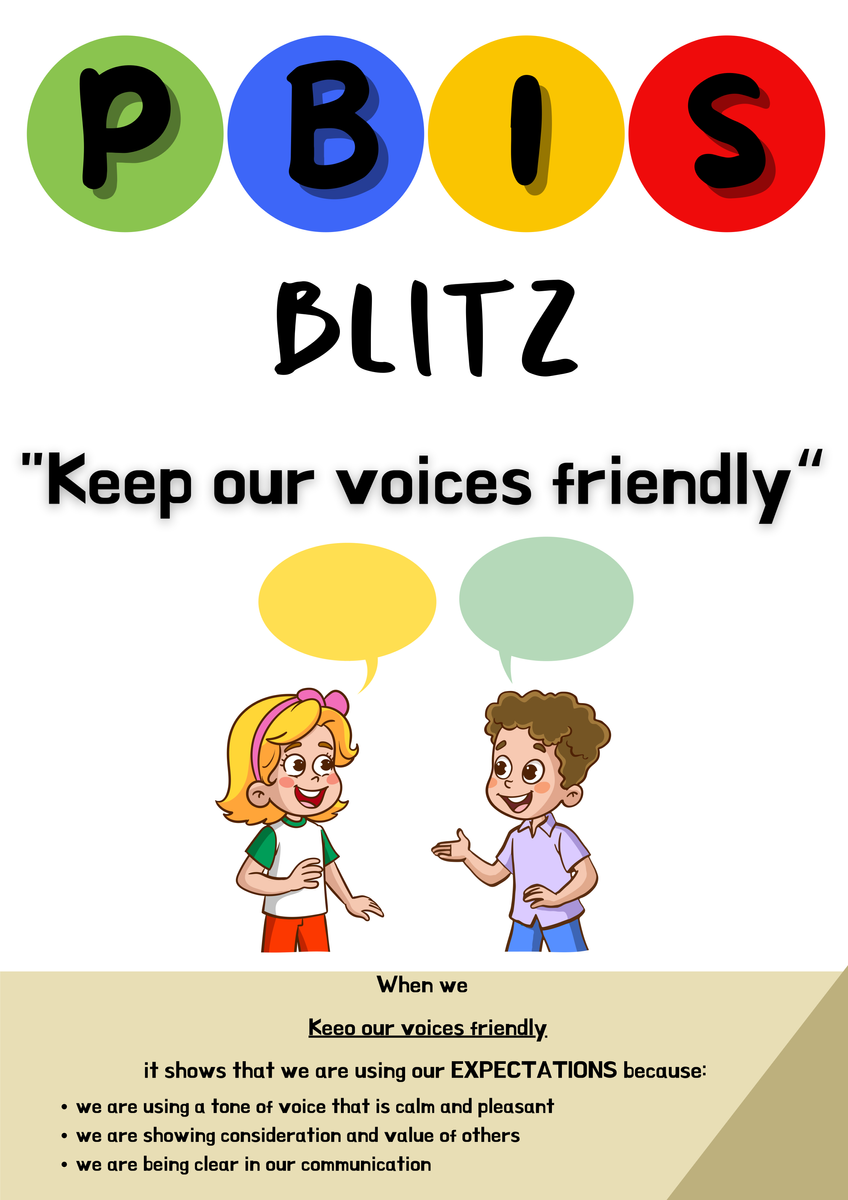
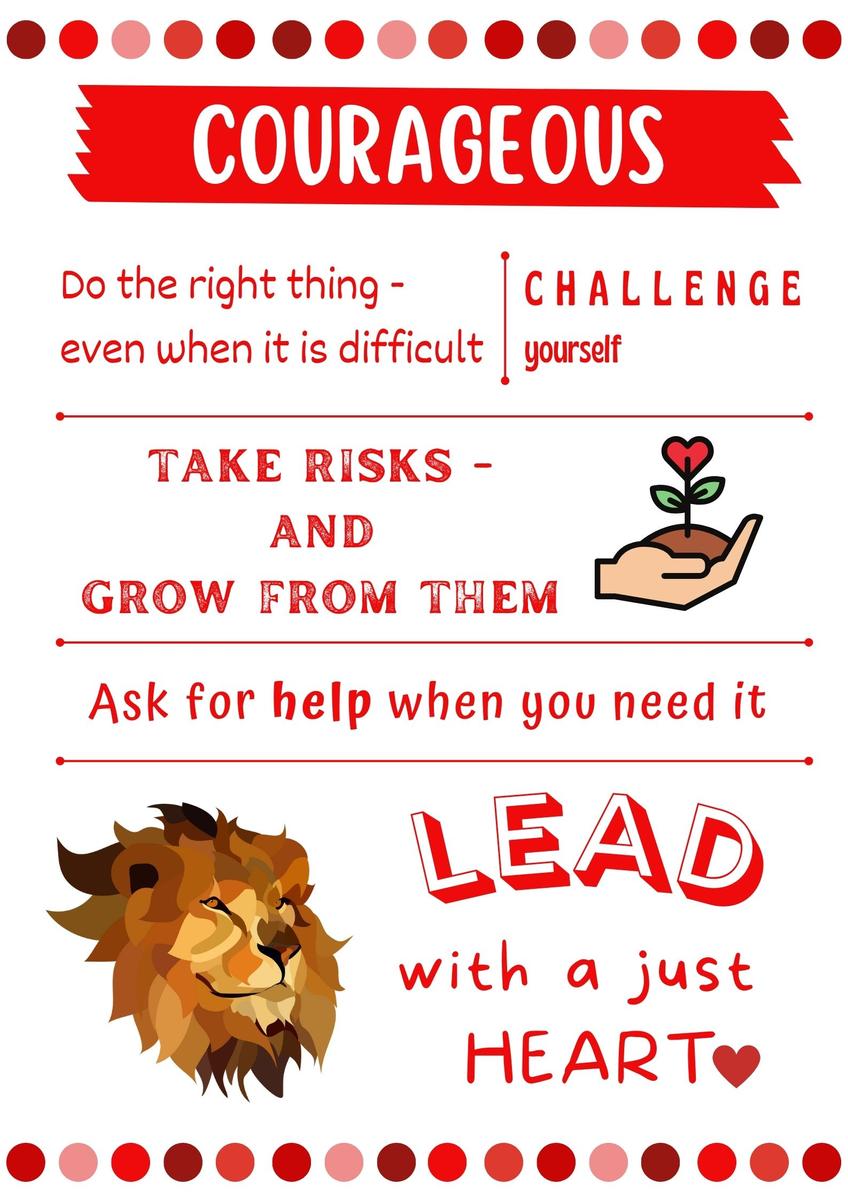


EMOTIONAL VOCABULARY
Emotional vocabulary is like a toolbox of words that help us explain our feelings. Just like we have names for colours or animals, we have words for feelings, such as "excited," "nervous," "frustrated," or "proud." Knowing these words helps us talk about how we feel and understand others' feelings too!
At St Joseph's, students are introduced to emotional vocabulary during their time in the RRRR program and through resources from The Resilience Project. These sessions provide opportunities for students to learn the names of various emotions, engage in role-playing activities, and practice identifying these feelings in themselves and others.


The good news is that during these lessons, students are able to recognise and name emotions, and they can even suggest strategies to manage those emotions effectively.


However, the challenge is that once they leave the RRRR class, their ability to identify emotions, recall strategies, and apply them tends to diminish significantly.
This is where the real challenges start. In regular classroom learning, the yard and potentially at home too, the struggle to recognise emotions and use appropriate strategies often manifests as:
We can agree that these responses can cause a multitude of issues for the student, the staff and others. So, how can we work together, as partners to support your child's overall wellbeing?
We can give them the words they need to identify the ways that they feel.
At the most basic level of feeling there may be another lurking underneath. Our children need us to model 'naming it (the emotion') to tame it!
Looking at the wheel below, you'll notice the basic emotions are represented in the innermost circle. These are common feelings that everyone experiences at some point. As the circle expands outward, the emotions become more nuanced and specific.
Take angry for example.
You come home from work to find the dog as pulled all your washing off the line and it is all over the back yard. You start yelling and cussing about the situation. You stomp and snatch the clothes up off the grass as you are being watched by your family.
Your F-2 child asks "are you feeling ok?" to which you respond, "I am feeling angry".
Your Year 3-6 child asks "are you feeling ok?" to which you respond, "I am feeling frustrated".
Your partner asks "are you feeling ok?" to which you respond, "I am feeling infuriated".
Every response you give sends a clear message about your emotions, demonstrating your ability to recognise the deeper layers within a basic feeling. THIS is the kind of emotional vocabulary that we can help you develop and that we MUST nurture in your children.
MENTAL HEALTH
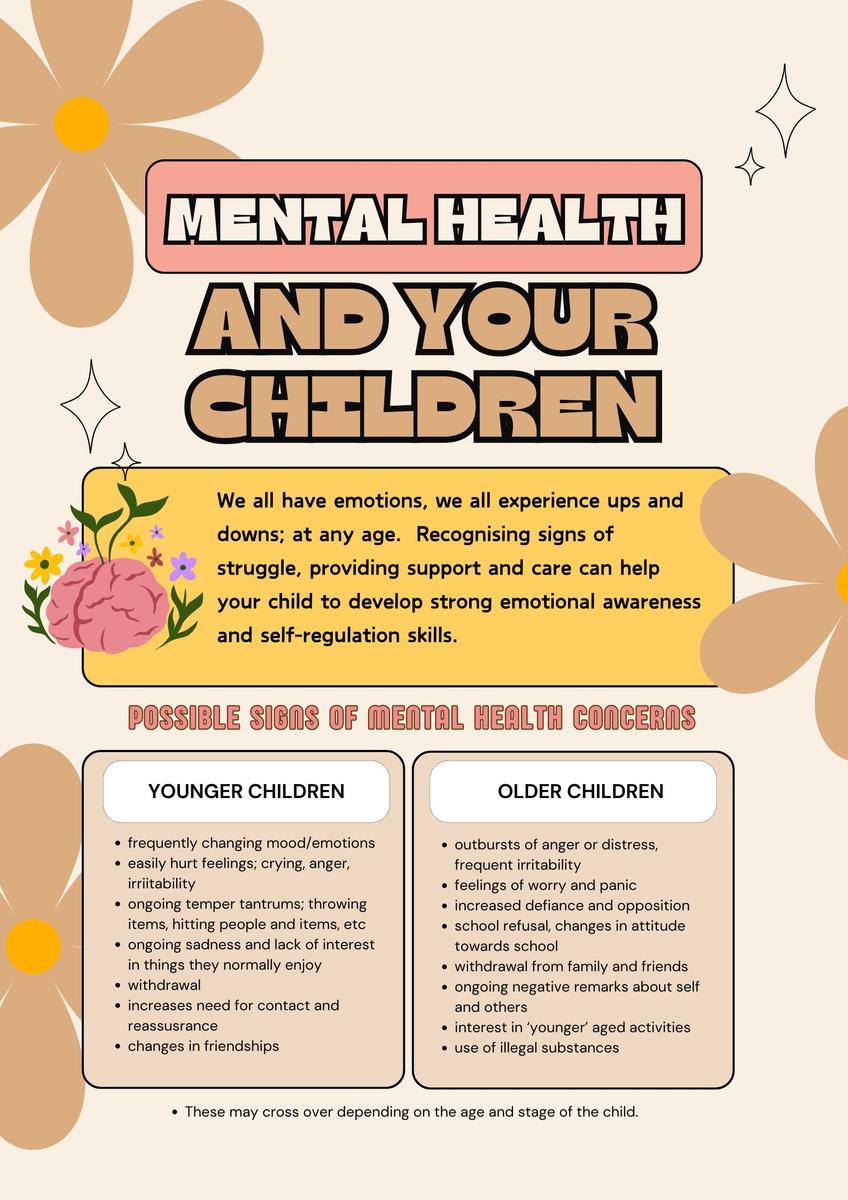

If you have concerns about your child, please contact Jessica Carmichael on 54841797 to make an appointment (Available Monday and Wednesday) or email jcarmichael@sjrochester.catholic.edu.au
National Day of Action Against Bullying - Colouring Competition
Congratulations to our talented students, Izzy Brooks, Fletcher Hodson, and Heidi Woodfine, for their outstanding entries in the National Day of Action Against Bullying colouring competition.
Each winner received a $10 Sportspower voucher, a drink bottle (a big thank you to Sportspower for the generous donation), and a bag of Twirls chocolates. Well done!
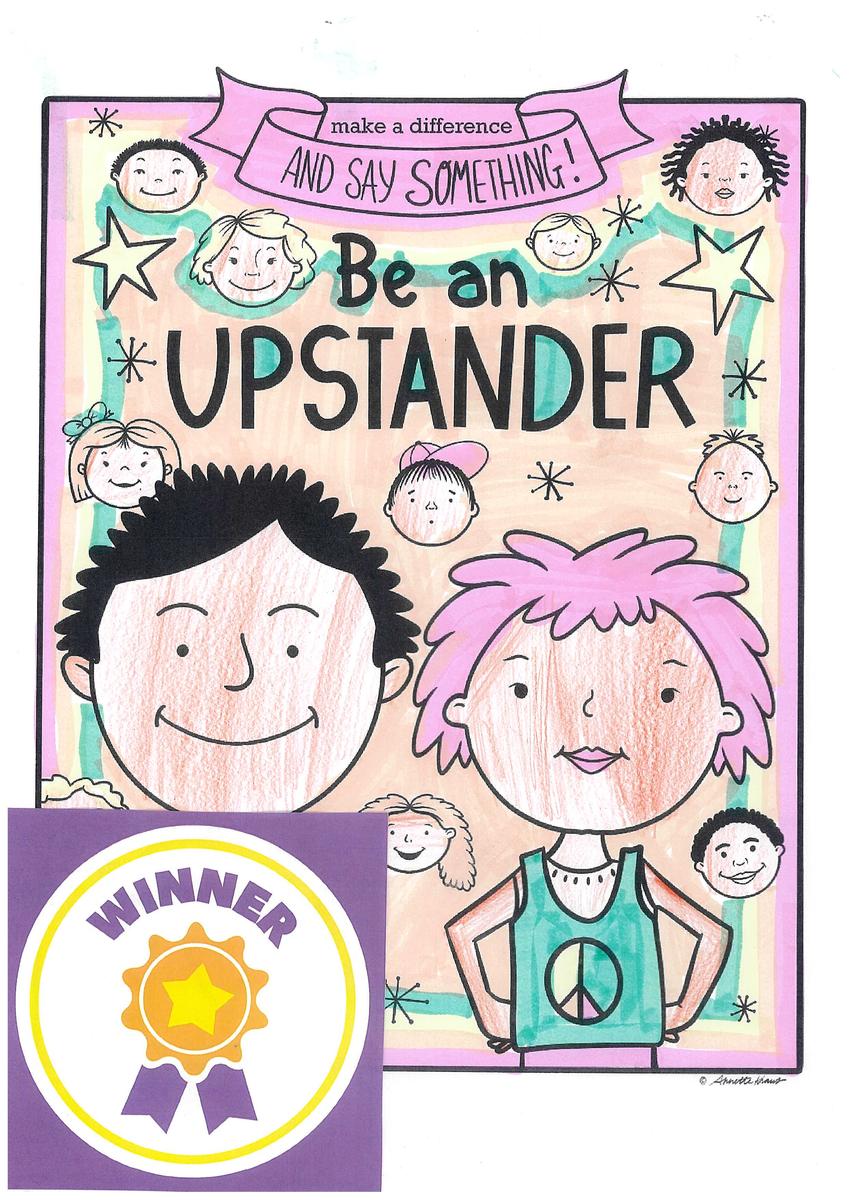
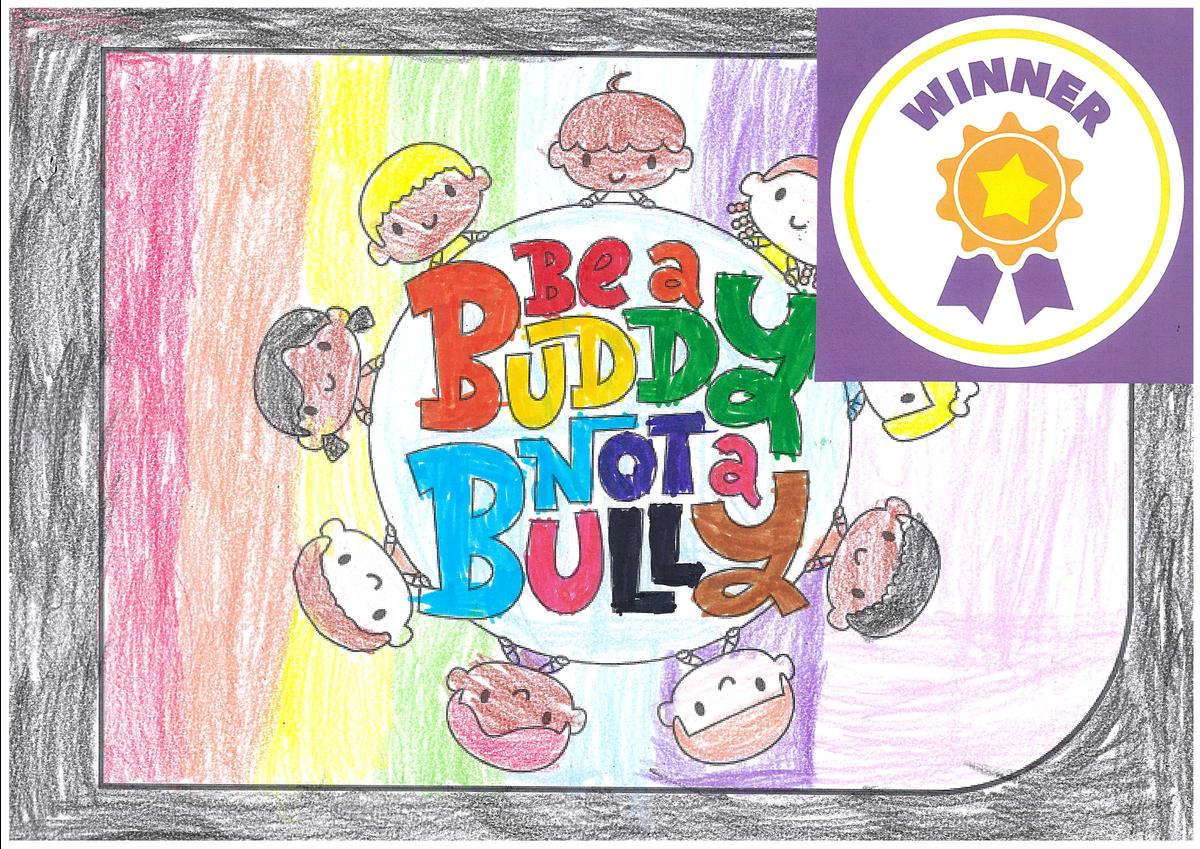
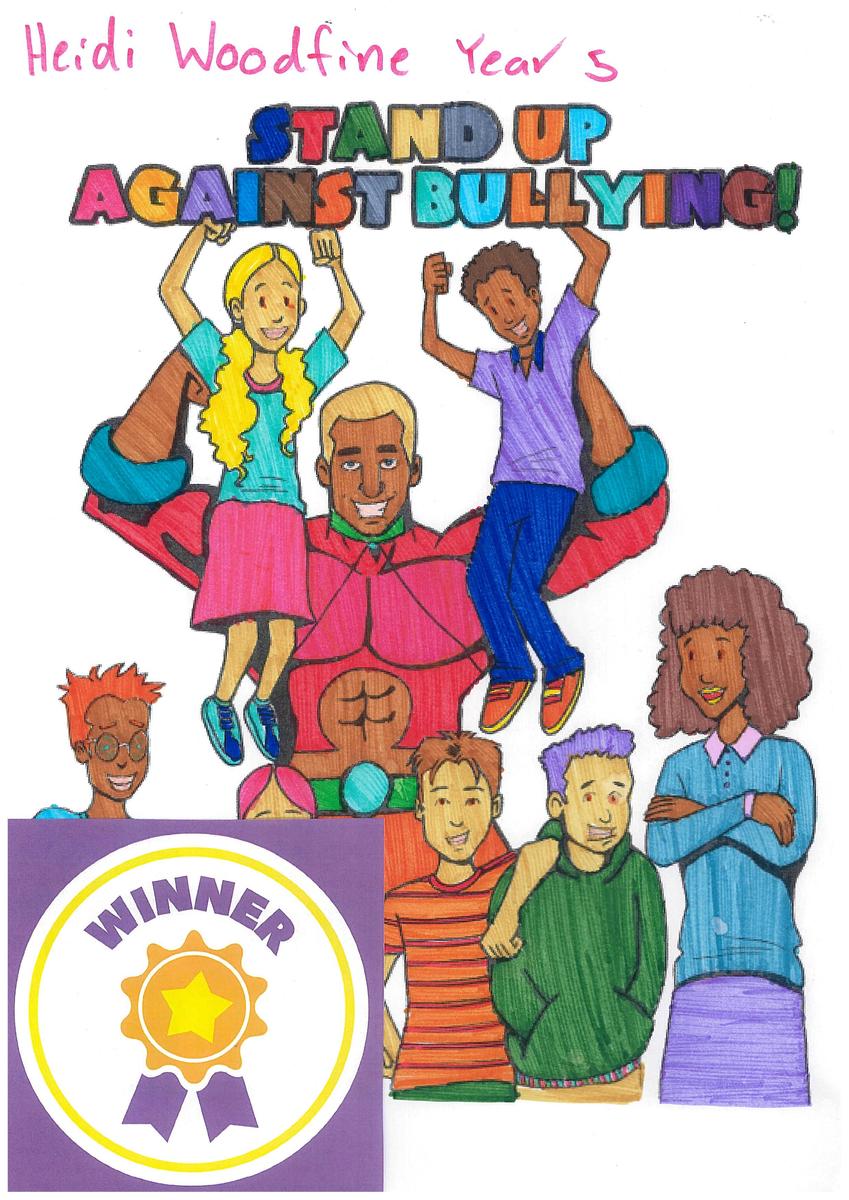



ATTENDANCE
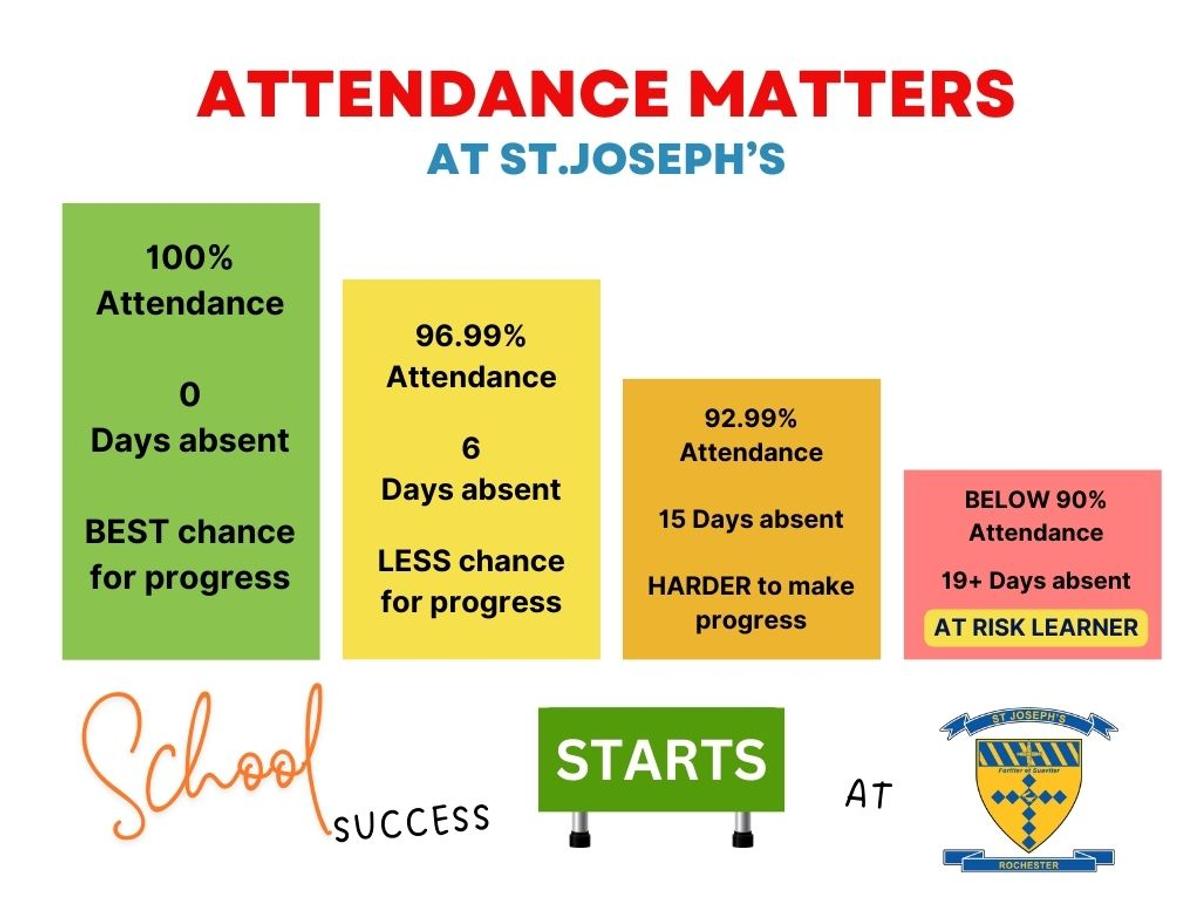

Week 5 whole school attendance was
90.37%
Week 6 whole school attendance was
85.70%
Week 7 whole school attendance was
92.97%